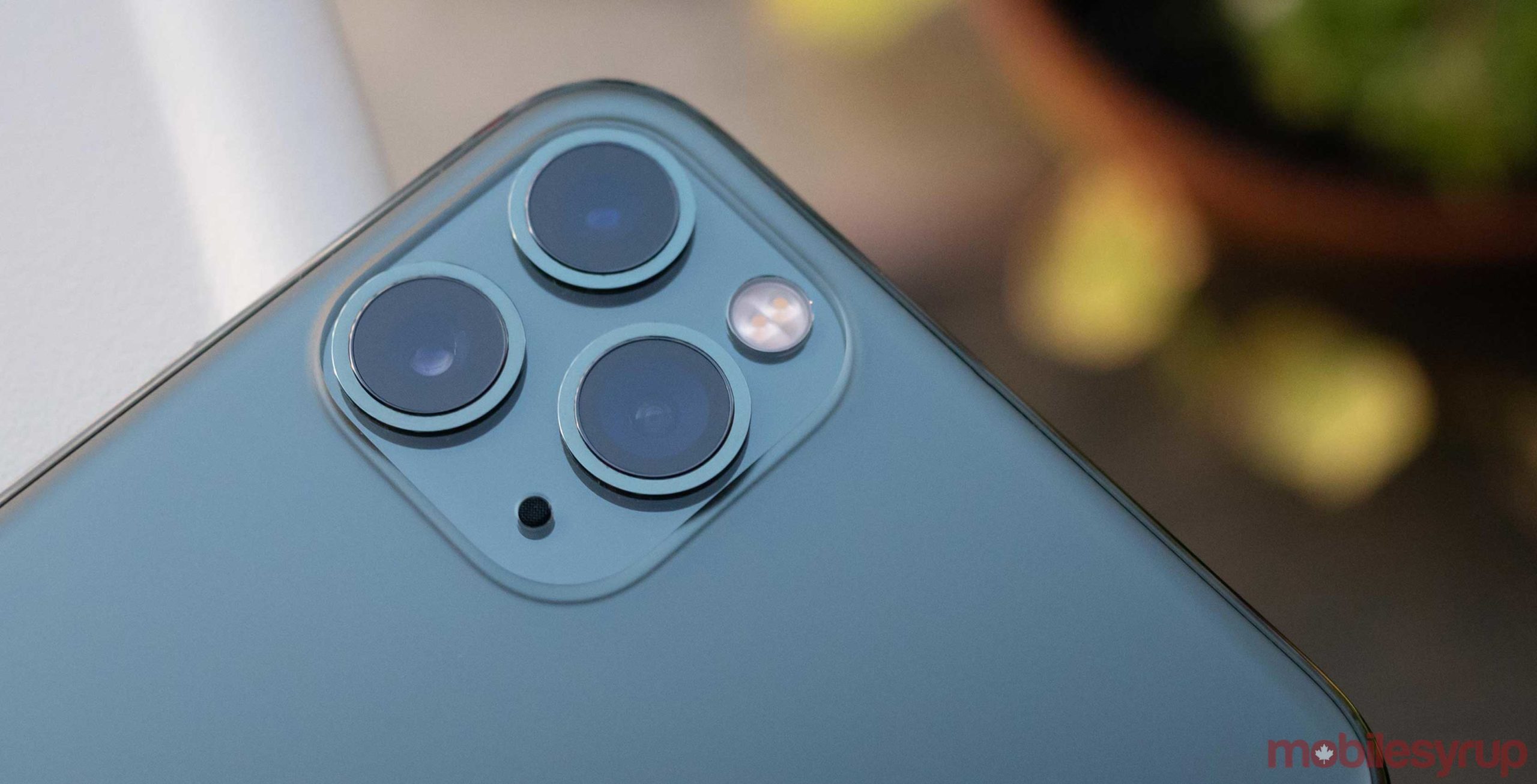
The high-end 2020 iPhone expected to launch later this year could sport a larger sensor and new stabilization tech.
Currently, the iPhone 11 Pro and Pro Max offer lens-based optical image stabilization. However, according to a note from reliable Apple analyst Ming-Chi Kuo, the top-end 6.7-inch model will gain sensor-based stabilization. Based on Apple’s current naming scheme, the 6.7-inch model would likely be called the iPhone 12 Pro Max.
Along with sensor-based stabilization, the iPhone 12 Pro Max could include a larger 1/1.9-inch sensor. The iPhone 11 Pro, for comparison, sports a 1/3.6-inch sensor. Finally, Kuo notes that the new iPhone will have a new camera module for the wide-angle lens known as ‘7P.’
The most significant change here would be the larger sensor, which would greatly improve image quality, especially in low-light photography. Since more light can enter larger sensors, photos have less noise.
However, sensor-based stabilization is also a big change. According to 9to5Mac, stabilization systems built into the sensor typically allow for five-axis of stabilization:
- Pitch (vertical rotation up or down)
- Yaw (horizontal rotation left or right)
- Vertical translation (up or down shift without rotation)
- Horizontal translation (left or right shift without rotation)
- Roll (one side dipping)
In other words, the iPhone 12 Pro Max could prove to have excellent stabilization.
Kuo also laid out predictions for what to expect from Apple in terms of iPhone later this year. The analyst notes there will be four models:
- 5.4-inch OLED with dual camera
- 6.1-inch OLED with dual camera
- 6.1-inch OLED with triple camera and Time of Flight (TOF) sensor
- 6.7-inch OLED with triple camera and TOF sensor
Only the 6.7-inch model will have the new camera tech, however. That said, Kuo expects the new camera tech will make its way to other iPhone models in 2021, and the sensor-based stabilization will come to the telephoto lens next year as well.
Source: 9to5Mac
MobileSyrup may earn a commission from purchases made via our links, which helps fund the journalism we provide free on our website. These links do not influence our editorial content. Support us here.


